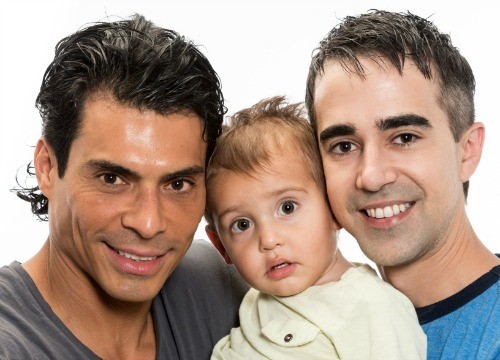In an article published in the peer-reviewed journal Demography, social scientist Deirdre Bloome of the University of Michigan has found that family structure plays a part in causing an intergenerational decline in income.
Combing through data from the US National Longitudinal Survey of Youth, Prof. Bloome found that, “Difficulties maintaining middle-class incomes create downward mobility among people raised outside stable two-parent homes. Regardless of parental income, these people are relatively likely to become low-income adults, reflecting a new form of perverse equality.”
Moreover, she found that people raised outside stable two-parent families “are also less likely to become high-income adults than people from stable two-parent homes”.
Such mobility differences account for “about one-quarter of family-structure inequalities in income at the bottom of the income distribution and more than one-third of these inequalities at the top”.



















